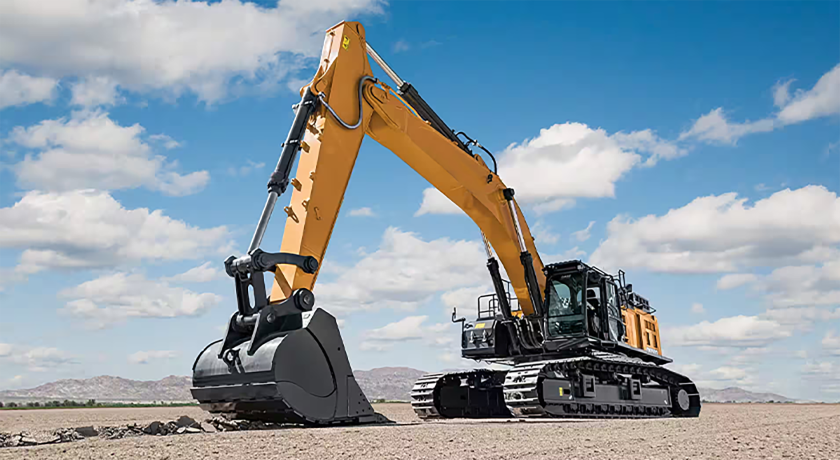
Understanding the Importance of Car Parts
When we think about cars, we often picture sleek designs, powerful engines, and advanced technology. However, behind the aesthetic appeal and performance lies a complex web of parts that work together to ensure a vehicle runs smoothly and safely. Understanding car parts is crucial for anyone looking to maintain their vehicle, enhance its performance, or simply appreciate the engineering marvel that is modern automobiles.
Car parts can be classified into several categories, each playing a vital role in the vehicle's overall function. The major categories include the engine, transmission, suspension, brakes, electrical system, and body components.
Engine Parts The heart of any vehicle is its engine. Comprised of numerous components such as the cylinder block, pistons, crankshaft, camshaft, and valves, the engine converts fuel into mechanical energy. Regular maintenance of engine parts, such as oil changes and filter replacements, is essential to ensure optimal performance and longevity. Neglecting these components can lead to costly repairs and decreased efficiency.
Transmission The transmission system is responsible for transferring power from the engine to the wheels. It includes various parts such as the gearbox, clutch, and driveshaft. Automatics and manuals offer different driving experiences, but both require regular checks and maintenance. Ensuring that transmission fluid is at the proper level can prevent severe damage and extend the life of the vehicle.

Suspension The suspension system comprises components like shock absorbers, springs, and struts, all of which work together to provide comfort and stability while driving. A functional suspension system ensures a smooth ride and maintains tire contact with the road, which is vital for safety. Regular checks can help identify signs of wear and tear, such as pulling to one side or unusual noises when driving.
Brakes The braking system is perhaps one of the most critical components in terms of safety. It includes parts such as brake pads, rotors, calipers, and brake lines. Regular inspection and maintenance are crucial since worn brake pads can lead to reduced stopping power and increased stopping distances, posing a significant risk to the driver and others on the road.
Electrical System Modern vehicles rely heavily on electronic components for functionality. The electrical system includes the battery, alternator, starter, and various sensors and wiring. As cars become increasingly computerized, understanding the basics of the electrical system can help diagnose issues like dead batteries, electrical shorts, or malfunctioning sensors.
Body Components Beyond the mechanical aspects, car body parts are essential for both aesthetics and functionality. Components such as the chassis, doors, bumpers, and windows protect the interior and passengers in the event of a collision. Routine maintenance, like checking for rust or damage, is necessary not only for appearance but also for safety.
In conclusion, understanding car parts is fundamental for any vehicle owner. Whether you are performing regular maintenance or considering modifications to enhance performance, knowledge of these components can save time, money, and ensure safety on the road. As technology continues to evolve, staying informed about the latest developments in automotive parts and systems will enable car owners to make informed decisions and keep their vehicles running smoothly. Embracing this knowledge not only enhances our appreciation for these machines but also empowers us to take better care of our investments.